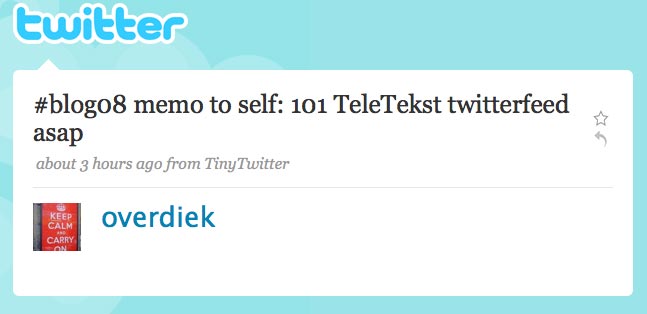Pew’s Project for Excellence in Journalism has released its State of the Media report and – unsurprisingly – the annual evaluation of the US media scene makes for particularly depressing reading this time around.
As the report points out, the problems created by growing online audiences for legacy news organisations have been excerbated by a simultaneous economic collapse.
“Journalism, deluded by its profitability and fearful of technology, let others outside the industry steal chance after chance online. By 2008, the industry had finally begun to get serious. Now the global recession has made that harder,” reads the report.
The report in full, including individual sections on magazines, newspapers, online, local TV and network TV, can be read at this link, but below are some key findings:
Newspapers
In numbers:
- One in five journalists who were employed by a newspaper in 2001 have gone
- Around 5,000 professional newspaper jobs are suggested to have been lost in 2008
- Last year, publicly traded newspaper stocks lost 83 per cent of their remaining value, having already dropped by 43 per cent between 2005-7
On survival:
- Many US newspapers are planning a geographical retreat in circulation to cut costs
- Plans to go online-only may not save as much money as hoped, the report suggests:
“Papers still make roughly 90% of their revenue from print and, although the numbers vary by paper, the cost of printing and delivering the printed newspaper averages 40% of costs. For now, it doesn’t add up to sacrifice potentially 90% of revenues to save 40% of costs.”
- What newspapers will survive and what structural differences to these survivors have, asks the report. Will print still be a part of these news brands?
- The death of the newspaper industry is not imminent, adds the study, as on the whole US newspapers were profitable in 2008
Hope for the future?
- Alternative news operations and websites have continued to grow in number, BUT the scale of these is still small and they lack profitability
- Newspapers have improved over the last year in adapting to new trends and building partnerships
Online
- Insufficient innovation in online advertising
- When it comes to alternative, online news start-ups and distribution models, ‘[T]here has been little honest assessment of economic sustainability’, says the research
- Yahoo news continues to dominant as main news source online – its newspaper advertising partnership and human-based news editing are particular assets, suggests the report
Special analysis of citizen media and new journalism ventures is also offered in the report. Contributor to the newspaper section of the report, Danna L. Walker, blogs here; while the Columbia Journalism Review has created a ‘guess the year of the report’ quiz game.
